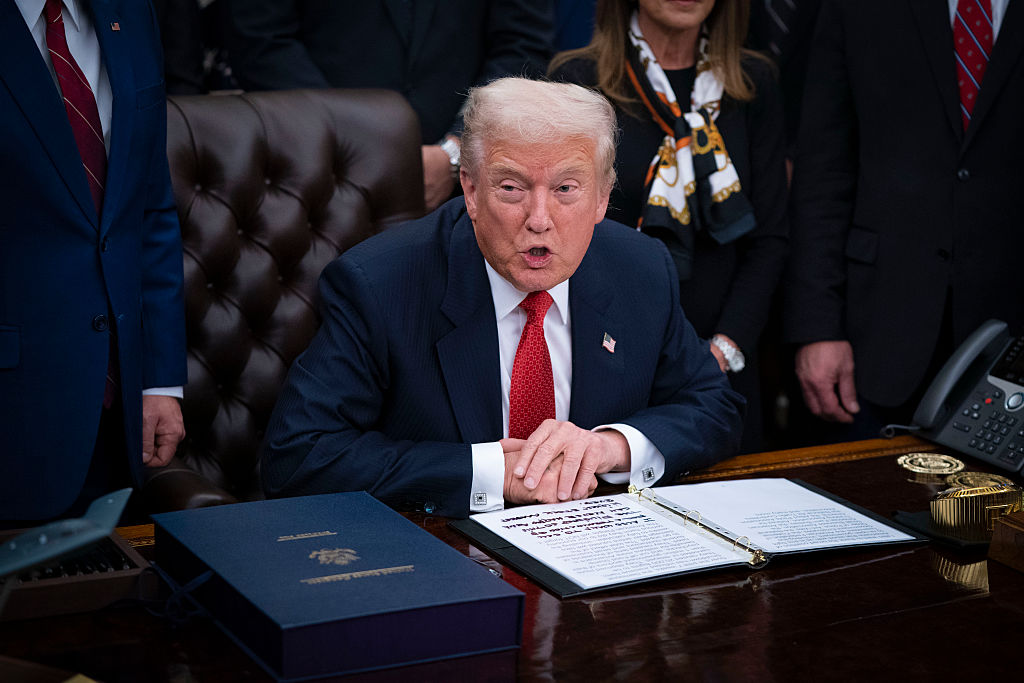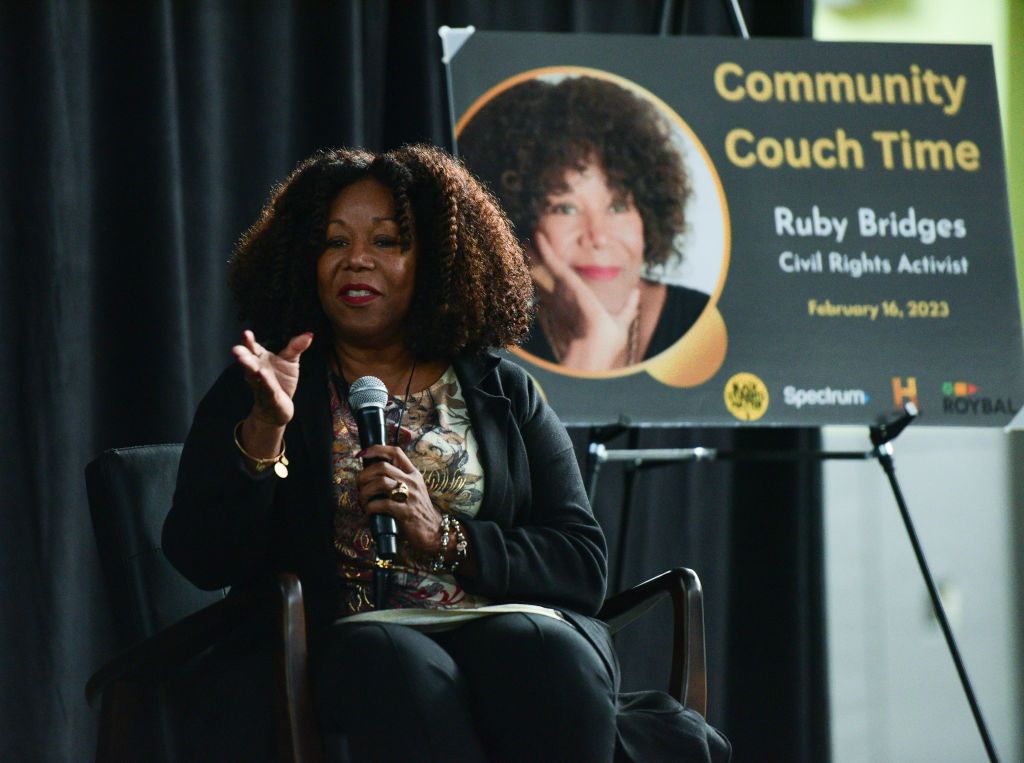Bill Gates Gives $10 Million Prize For Company To Bring Mobile Money To Haiti
SEATTLE – The Bill & Melinda Gates Foundation is using its financial clout to push the Haitian marketplace toward change by offering $10 million in prizes to the first companies to help Haitians send and receive money with their cell phones.
The project is different from the foundation’s more common approach, which would be to ask for proposals, make grants and then hope for good results. This time the foundation — and its partner, the U.S. Agency for International Development — wants to see the results first and then hand out some cash.
USAID is adding another $5 million to the project for help with technical assistance.
In addition to death and destruction, the January earthquake devastated Haiti’s financial system, destroying automatic teller machines, preventing some people from getting cash and making a possession of cash unsafe when nearly everyone was sleeping on the street, said Priya Jaisinghani, senior adviser to USAID Administrator Rajiv Shah.
“If successful, this could be a transformative measure for Haiti,” she said.
In the past four years, the Gates Foundation has committed nearly $500 million toward helping the poor get mobile access to financial services, mostly in Africa. The foundation has also given $2 million toward relief efforts in Haiti, including shelter, food, sanitation and health.
In Kenya, for example, the M-PESA mobile money service allows 9 million people to pay for everything from clothing to school fees using their mobile phones, said Amolo Ngweno, deputy director of the foundation’s financial services for the poor program.
The transactions are easier and safer than carrying cash, save the cost of traveling to and from actual bank branches, and have allowed them to increase their savings and their earnings by between 5 and 30 percent, according to early results of a recent study by the University of Edinburgh.
In Haiti, the foundation hopes to encourage existing cell phone companies, banks or technology companies to give people easy access to financial aid and let them spend money for necessities now, and improve the ability of Haitians to save money for the future, Ngweno said.
“We saw this as an opportunity to intervene, not just for the short term but also for the longer term, to help people have a mobile financial existence,” she said.
Before the earthquake, fewer than 10 percent of Haitians had ever used a commercial bank, according to USAID.
The foundation is offering a prize of $2.5 million to the first company to launch a mobile money service in the next six months that meets certain criteria, which include being a broad service that has the potential for scaling up across the whole country.
“What we don’t want to encourage is short-term or small operators to get into the market just to earn the award,” Ngweno said.
The second successful operator within the first 12 months will get $1.5 million. Another $6 million will be distributed after the first 5 million transactions take place and will be divided among those companies that enabled the transactions.
“We set up this fund to harness the power of the market,” Ngweno said. “They should be actively seeking the right solutions for Haiti.”
Haiti has three cell phone companies and at least two were already looking into the possibility of mobile banking, Jaisinghani said.
RELATED STORIES
Alonzo Mourning Travels To Haiti Every Two Weeks To Assist The Sick
GOOD NEWS: ATL Mayor Kasim Reed To Recognize 75 Gates Scholars











